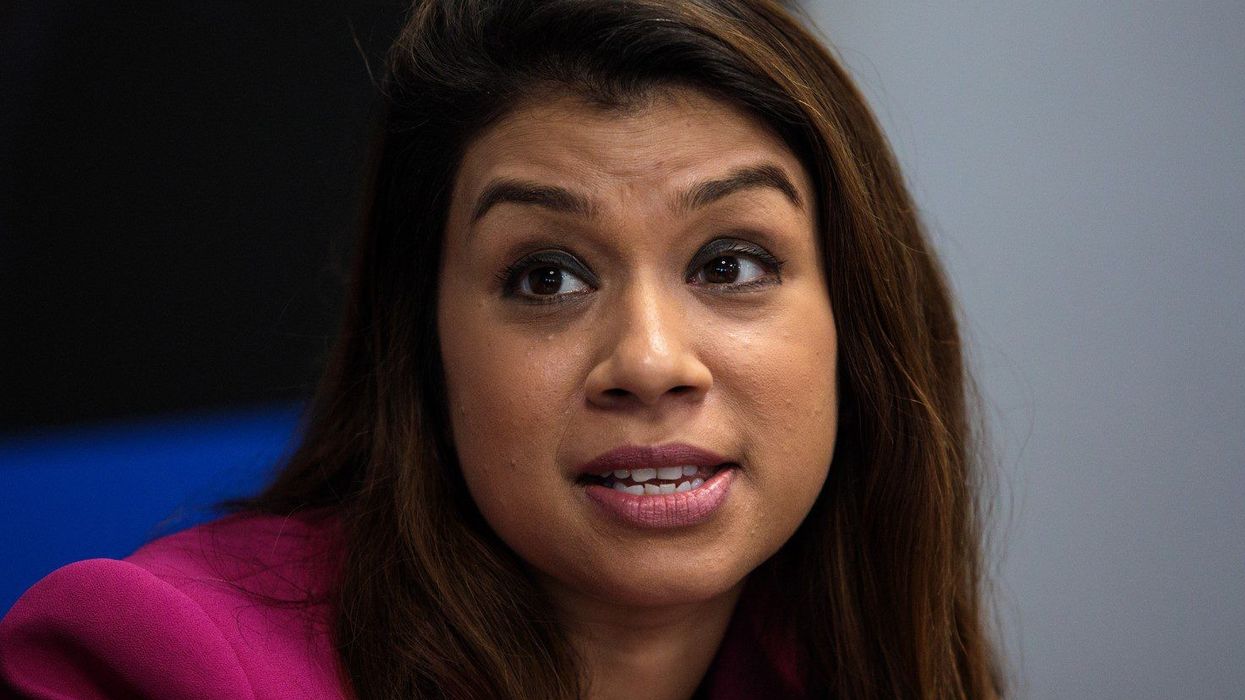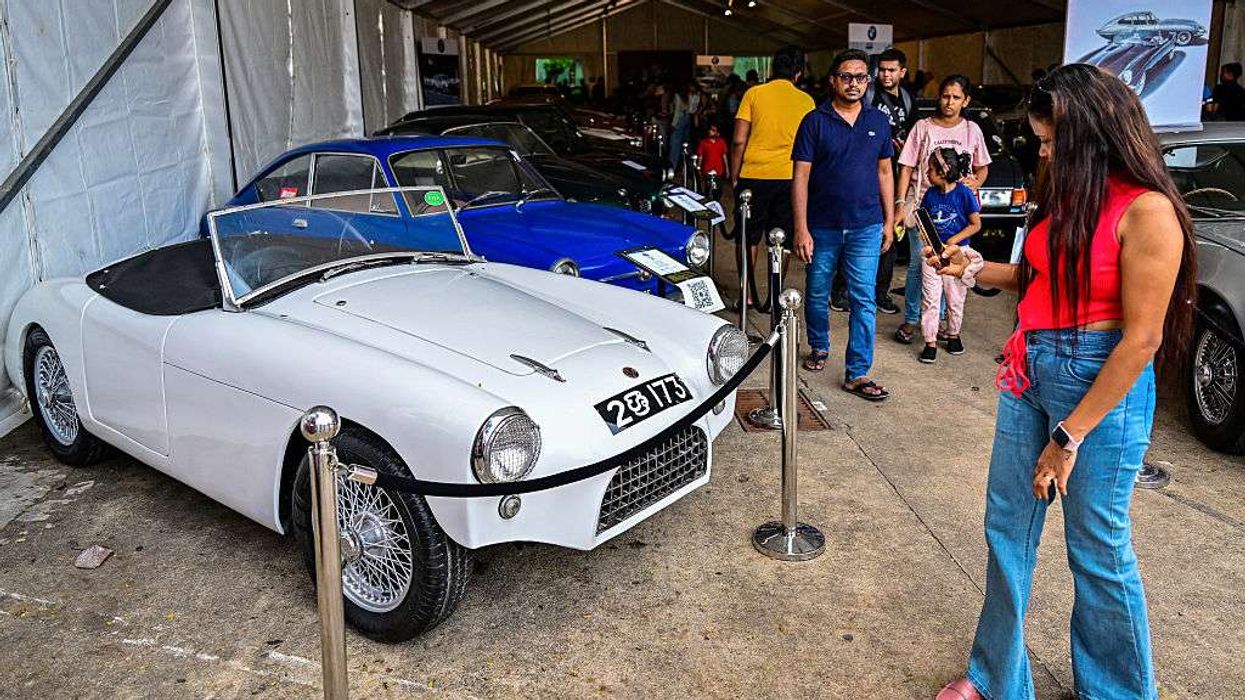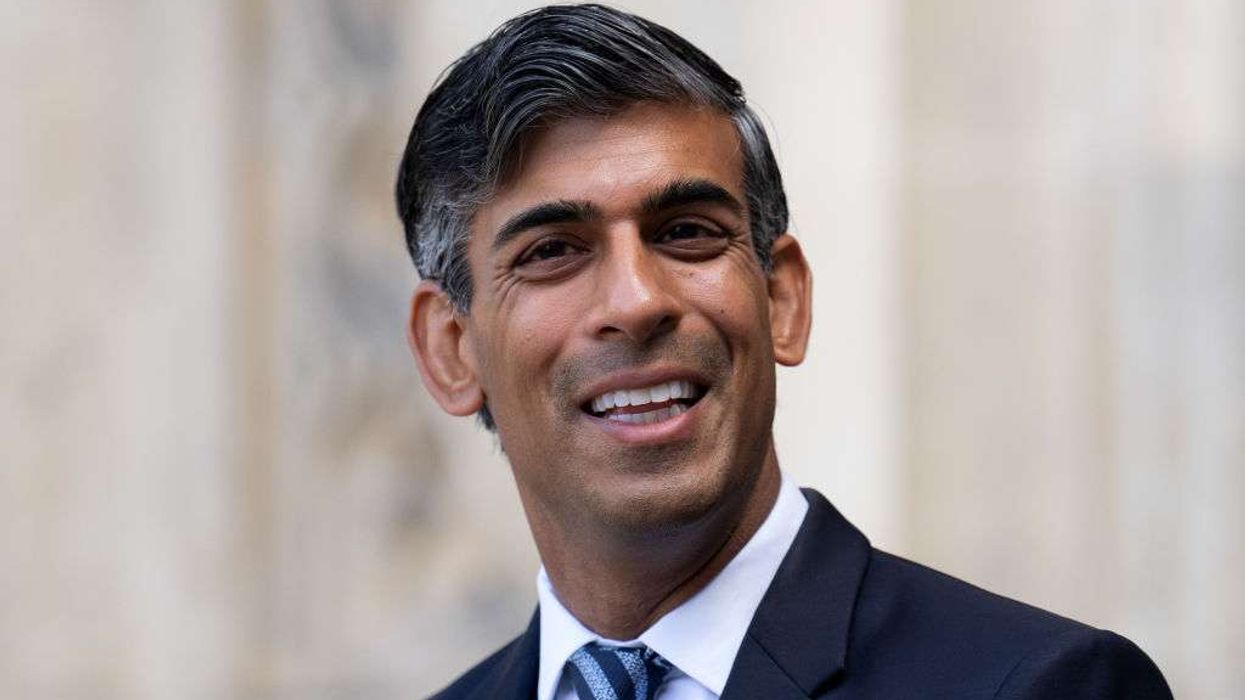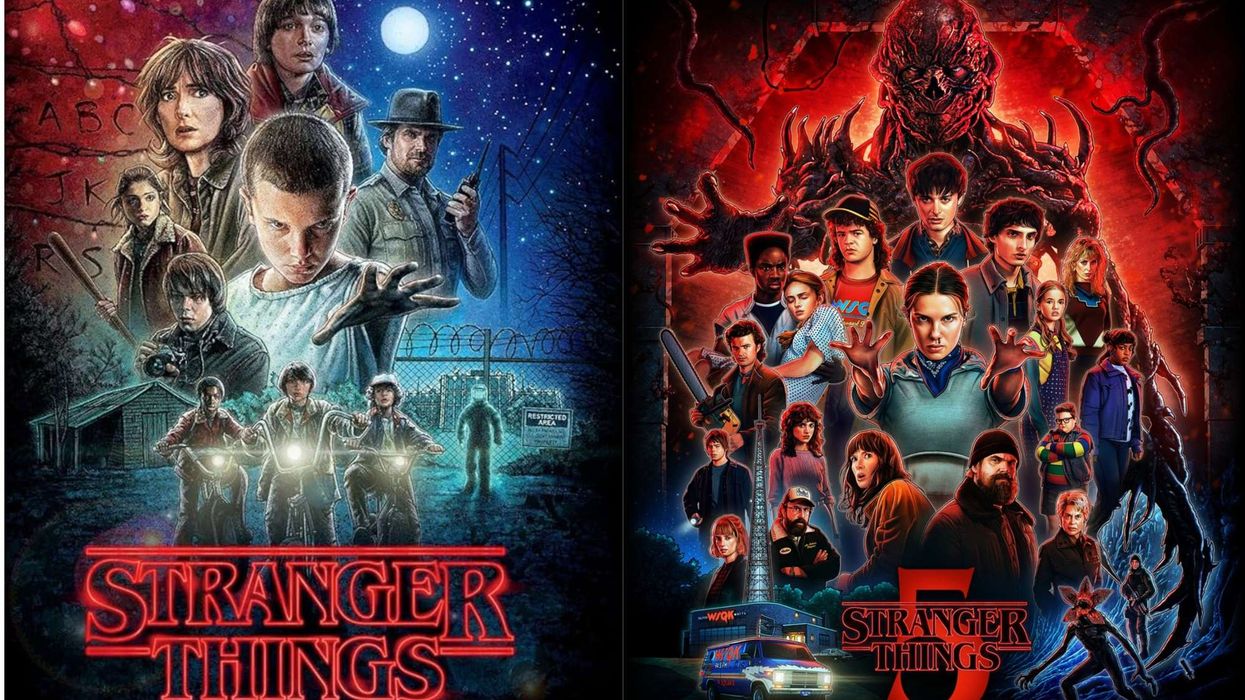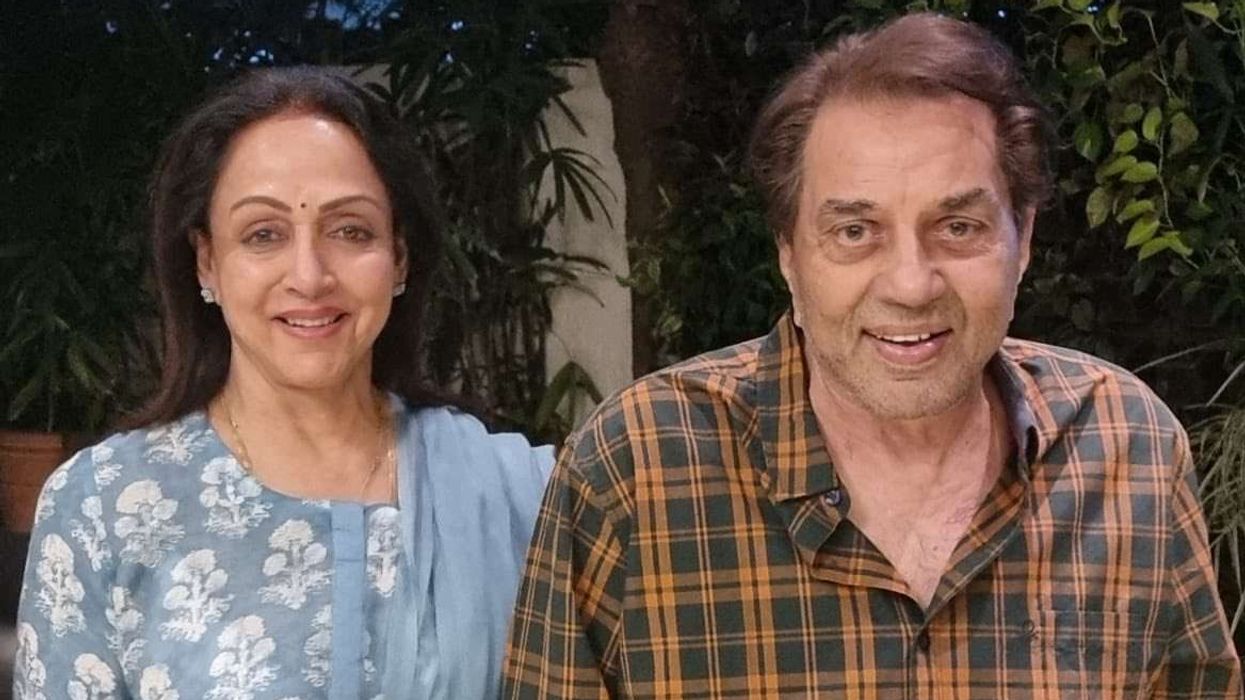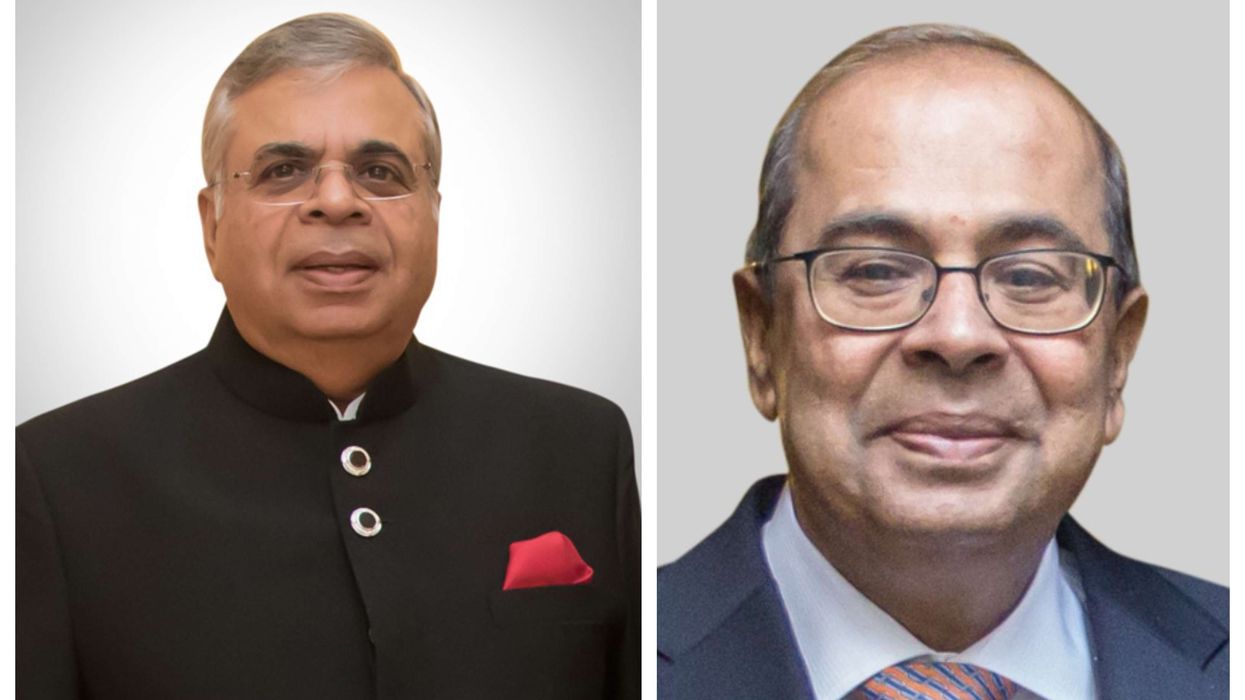Ayushmann Khurrana kickstarted his career with the small screen and then in 2012, he made his Bollywood debut with the movie Vicky Donor. Produced by John Abraham and directed by Shoojit Sircar, Vicky Donor completes eight years of its release today.
Recently, while talking about his journey in Bollywood, Ayushmann said, “It has been a gratifying, humbling and thrilling eight years and I would not want to change anything about it. I only have gratitude to the universe for enabling me to chase my dreams. It wasn’t easy, it had its share of tears and lack of self-confidence but it sure has been super exciting.”
“I’m grateful to the industry for welcoming an outsider like me with open arms, I’m thankful to all the visionary film-makers who made me a part of their stories because whatever I’m today is because of them. I’m also supremely thankful to the audiences for loving my work and constantly validating my film choices with so much affection. They have told me when I have been correct in choosing the best content films and I have learned from them when I have faltered,” he added.
In these eight years, Ayushmann has seen a lot of ups and downs, and from the past couple of years, the actor has tasted a lot of success thanks to his amazing choices. While talking about the films that he would like to do in the future, the actor said, “For me, the past eight years has only been about growth and my journey in cinema has just started. I wish to back the best films that will be made in the Hindi film industry and be a part of the phenomenal visions of the leading story-tellers of my generation. I can’t wait to know what my future holds for me.”
Ayushmann’s next release will be Gulabo Sitabo which is also directed by Shoojit Sircar. The film was slated to release this month, but due to the lockdown it has been postponed.
